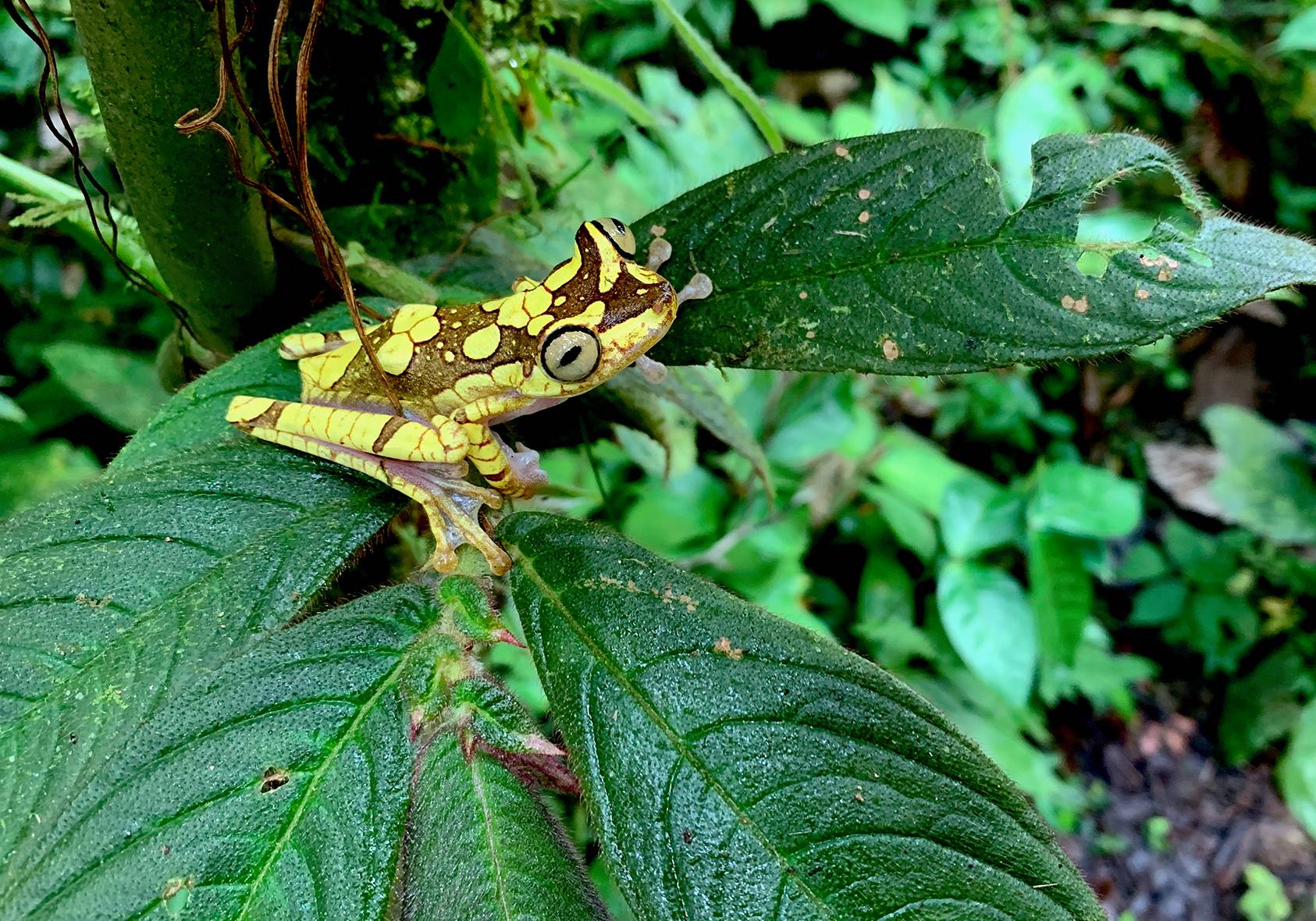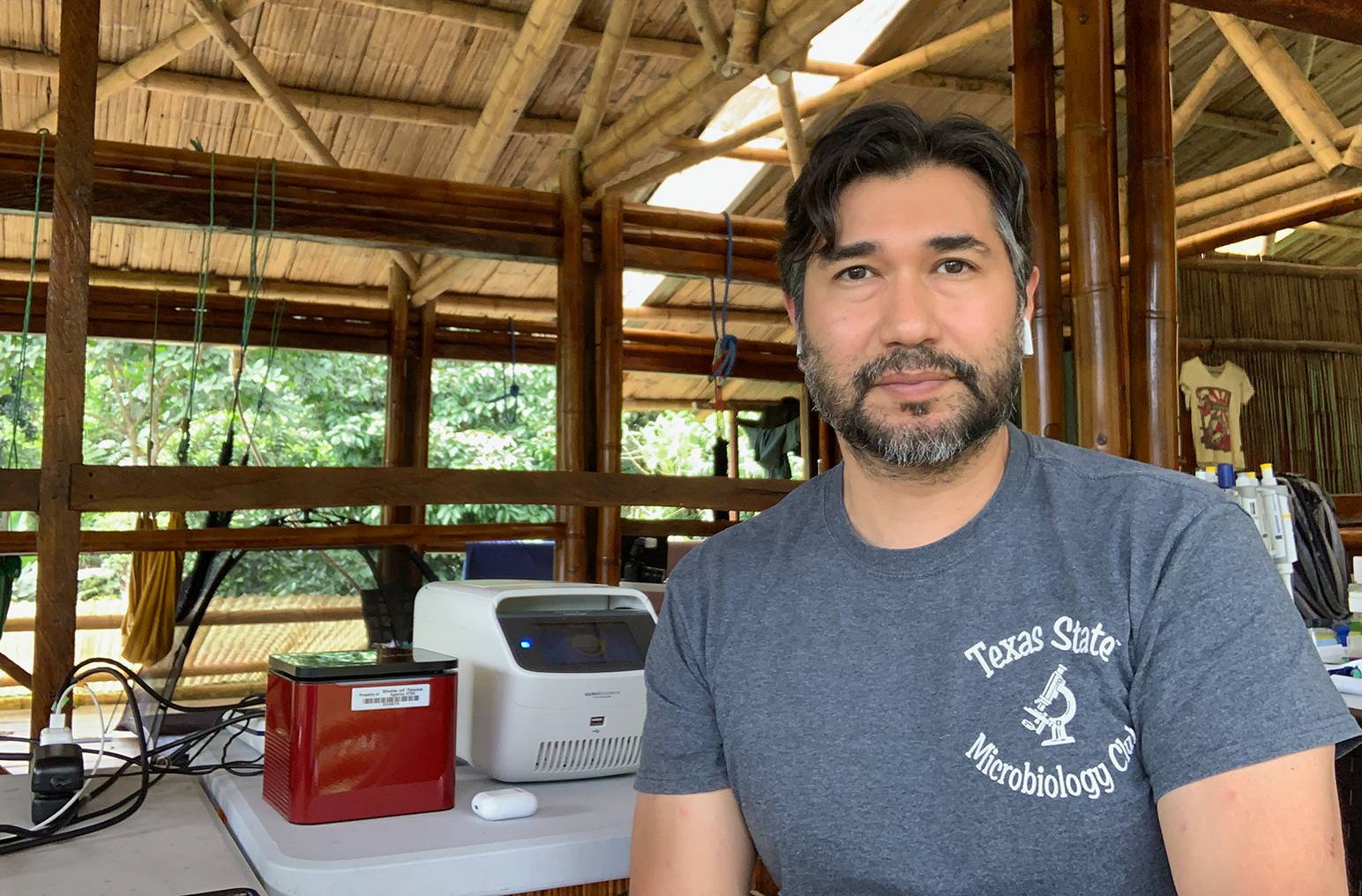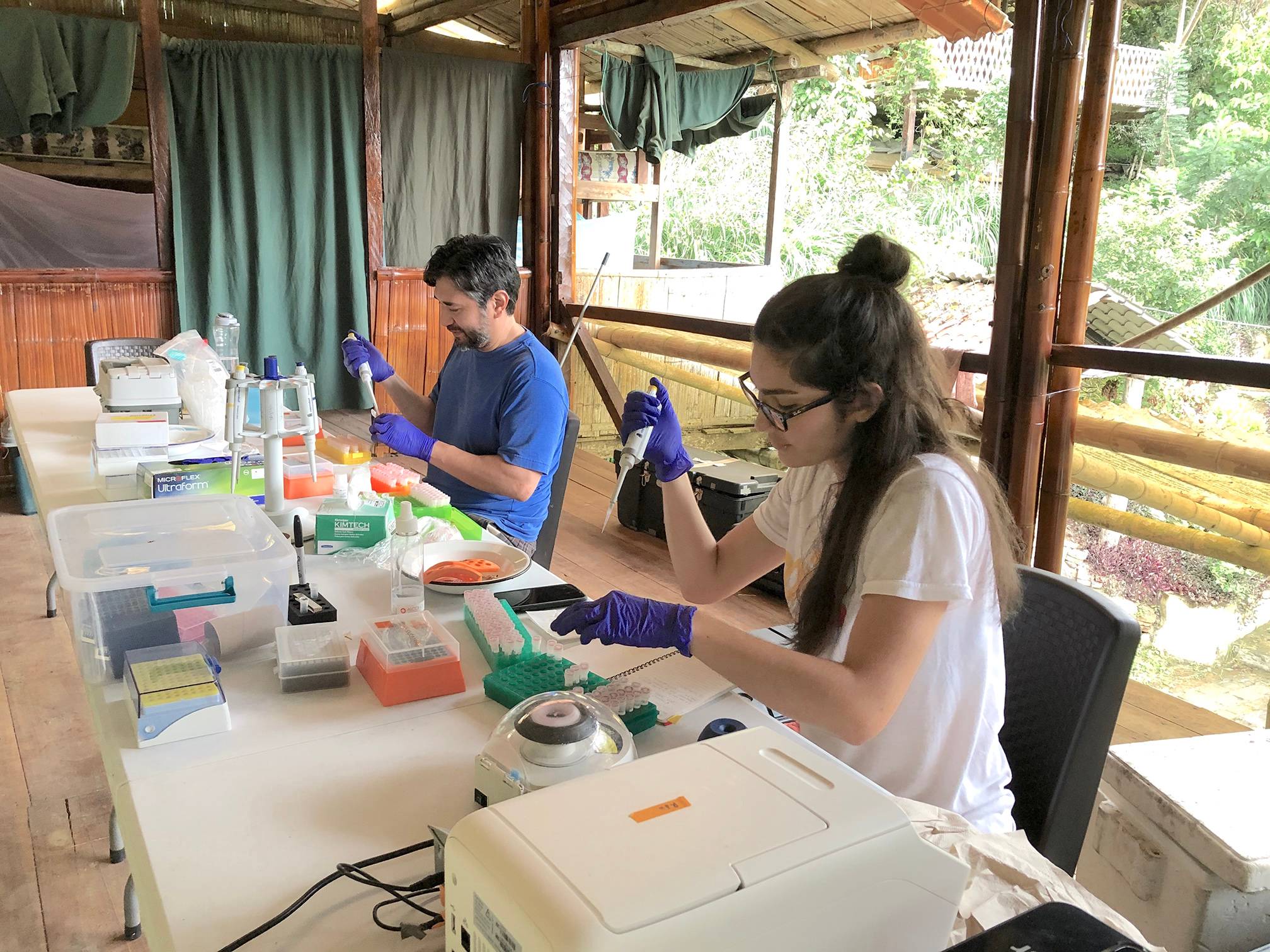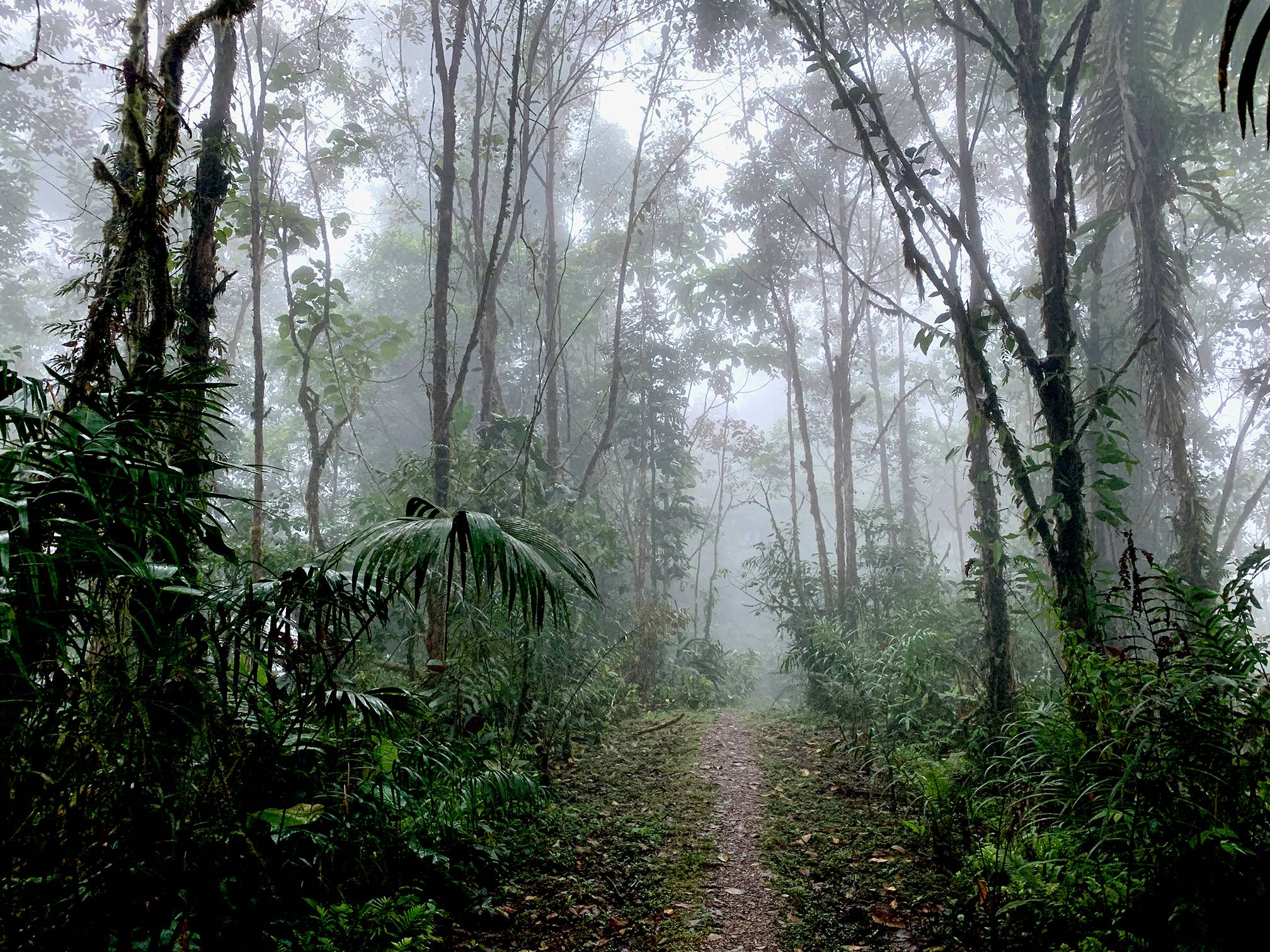Jayme Blaschke | August 5, 2021


David Rodriguez, an assistant professor in the Department of Biology at Texas State University, has been awarded the National Science Foundation's (NSF) Faculty Early Career Development Program (CAREER) grant.
Rodriguez is the record-setting fourth Texas State faculty member this year to receive notification of the NSF CAREER grant. Other faculty receiving the recognition this year are Shetay Ashford-Hanserd, Department of Organization, Workforce and Leadership Studies; Yoichi Miyahara, Department of Physics; and Hiro Tanaka, Department of Mathematics.
The five-year, $800,000 award, which will support Rodriguez's research, "Unraveling post-invasion dynamics of the amphibian-killing fungus via rapid genetic diversity assessments of both hosts and pathogens," is funded by the NSF’s Division of Environmental Biology (DEB) Core Track. The DEB supports research and training on evolutionary and ecological processes acting at the level of populations, species, communities and ecosystems. DEB encourages research into fundamental principles that identify and explain the unity and diversity of life and its interactions with the environment over space and time.

Fungal diseases affecting amphibians continue to cause population declines and species extinctions globally. The most severe amphibian declines have occurred in neotropical forests, which are also threatened by deforestation. For tropical amphibians, the threat of disease, coupled with habitat loss, requires rapid measurements of host diversity at the population scale to unravel complex disease dynamics. Rodriguez's study will address the critically understudied biodiversity of both hosts and fungi. In order to detect which hosts are responsible for transmitting newly introduced fungal pathogens, genetic diversity needs to be measured at the population-scale across invaded landscapes, which Rodriguez will accomplish by using portable qPCR (quantitative polymerase chain reaction) instruments and DNA sequencing to better understand fungal pathogen diversity as well as amphibian genetic identity, and correlate host-specific estimates of pathogen/strain prevalence.

No other fungal pathogens have been more destructive to wildlife than the amphibian chytrids (genus Batrachochytrium). Chytrids are essentially ubiquitous in the environment, yet they are relatively understudied. Amphibian chytrids continue to cause population declines and species extinctions globally.
The project will also provide underrepresented students at the undergraduate and graduate level experiential learning opportunities in STEM (science, technology, engineering and mathematics) while contributing to amphibian conservation. Student participants will learn emerging genetic methodologies to address common challenges in disease ecology, which can be extrapolated to other systems where diverse hosts drive pathogen spread.
The CAREER program offers the NSF’s most prestigious awards in support of junior faculty who exemplify the role of teacher-scholars through outstanding research, excellent education and the integration of education and research.
For more information, visit www.nsf.gov/awardsearch/showAward?AWD_ID=2044920.
Share this article
For more information, contact University Communications:Jayme Blaschke, 512-245-2555 Sandy Pantlik, 512-245-2922 |
